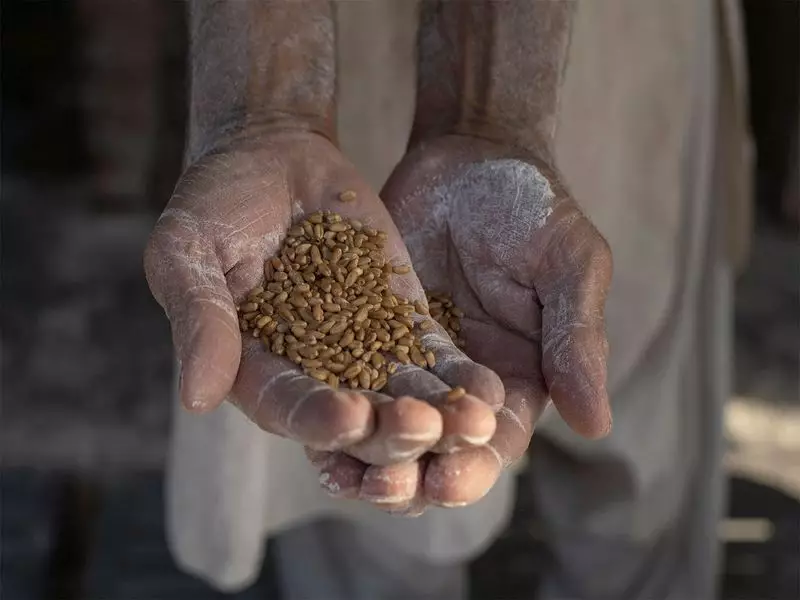
PESHAWAR: The picturesque province of Khyber Pakhtunkhwa is grappling with an unprecedented wheat flour crisis that has left ordinary citizens struggling to put food on their tables. What began as a seasonal shortage has escalated into a full-blown humanitarian concern due to systemic governance failures and administrative neglect.
The Perfect Storm: Multiple Factors Collide
The crisis stems from a combination of critical factors that have created the perfect storm:
- Supply Chain Breakdown: Wheat shipments from Punjab, the traditional supplier, have been severely disrupted, leaving local markets depleted
- Price Manipulation: Flour mill owners and dealers are allegedly hoarding stocks and manipulating prices for maximum profit
- Administrative Vacuum: Critical positions in food departments remain unfilled, creating governance gaps
- Transportation Bottlenecks: Movement of essential commodities faces numerous hurdles across provincial borders
Human Cost: When Bread Becomes a Luxury
The impact on daily life has been devastating. In local markets, the price of a 20kg flour bag has skyrocketed to Rs 3,200-3,500, making it unaffordable for most households. Long queues form outside utility stores, with people waiting for hours only to return empty-handed.
"We are seven family members, and buying flour at current rates means sacrificing other basic needs," shares Muhammad Ismail, a daily wage worker from Peshawar. His story echoes across the province where families are forced to reduce meals or compromise on nutrition.
Governance Failure: The Root Cause
Experts point to deeper structural problems. The province has been operating without a dedicated food minister for months. Key positions including the food director and secretary remain vacant, creating an administrative paralysis that prevents effective crisis management.
Political finger-pointing has become commonplace, with opposition parties blaming the ruling coalition for mismanagement while government officials cite external factors beyond their control.
Economic Ripple Effects
The wheat crisis has triggered broader economic consequences:
- Restaurants and bakeries are scaling down operations due to supply uncertainty
- Small food businesses face closure threats
- Household budgets are being stretched to breaking point
- Social tensions are rising as competition for limited resources intensifies
Way Forward: Urgent Measures Needed
Immediate solutions require coordinated action between federal and provincial governments, including emergency wheat releases, price controls, and cracking down on hoarding. Long-term food security demands strategic planning, improved storage facilities, and transparent distribution mechanisms.
As the situation continues to deteriorate, the people of Khyber Pakhtunkhwa wait for relief that seems increasingly elusive in the face of governance challenges and administrative neglect.





